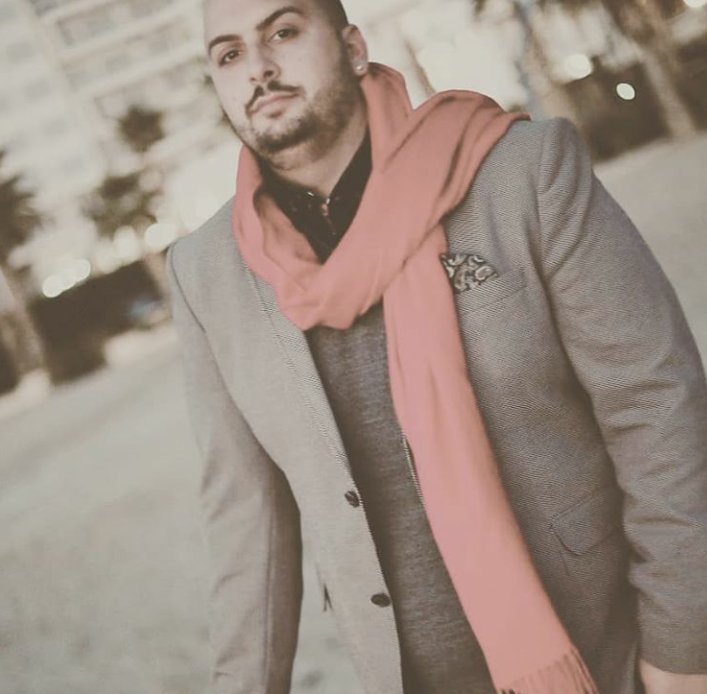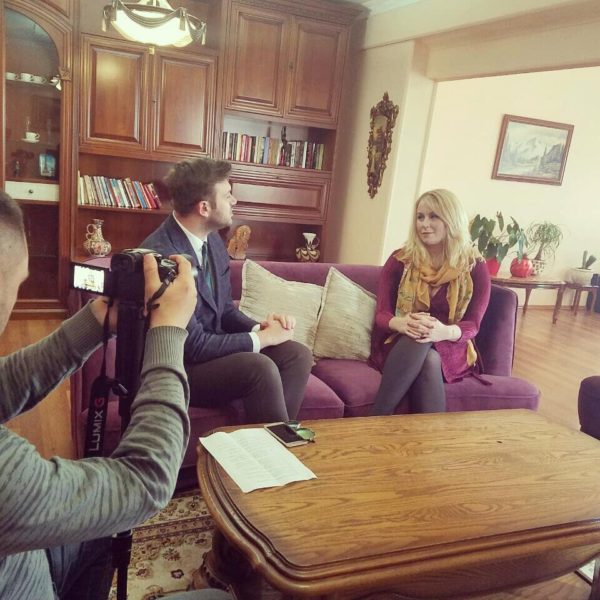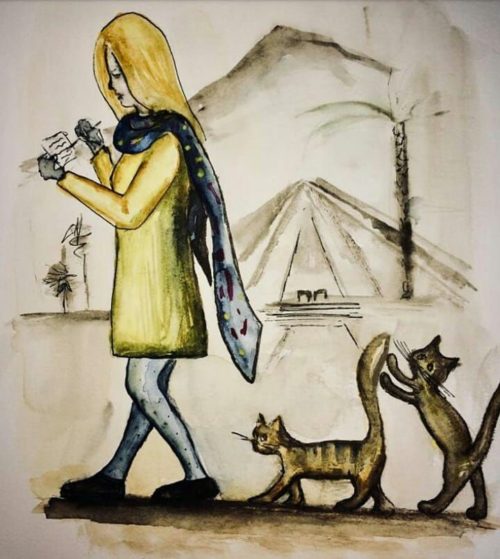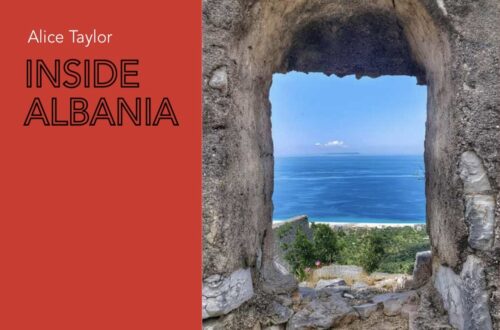“I always knew I was different from when I was a little boy”.
Sexuality was always a taboo topic in Nick’s house and as he got older and began to want to be more open and express himself, it began to create a gulf between him and the rest of his family. Having predominantly female friends and not being interested in the typical “boy” activities meant he was subjected to abuse and bullying from people around him, from a very young age.
Growing up in a conservative family was hard enough, but then attending school, working in the government, and being gay was even harder. As a qualified psychologist, he worked in a prominent position until his colleagues discovered his sexual preference. From that moment on he found himself discriminated against, demoted in his job, in receipt of a pay cut and eventually finding himself without a job. When I asked him if he thinks this was related to his orientation, he answers yes.
Nick talks of a time that he moved into a rented apartment with his ex-partner. The woman living in the apartment below started complaining and causing problems until one day she beat down his front door, shouting abuse and being both verbally and physically aggressive. The situation came to a head when one day he encountered the woman’s husband and son in the street and they set upon him spitting, kicking, and hitting him. The police did not want to know.
When it comes to issues of sex and sexuality, Albania is still a very conservative country. Unusual for a secular state, being homosexual and particularly a gay man is met with disgust and discrimination to the point where Nick would be hesitant to show any affection to a partner in public. He says that whilst going for a drink or dinner would be fine, holding hands or kissing would be risky and dangerous.
Of course, this is not the same for lesbians who, as in any culture, are treated as nothing more than a sexual plaything for heterosexual men. He believes that this is down to the fact that in a patriarchal society, lesbians are not seen as a threat, whereas two homosexual men are.
There are also issues around the fact that there is a lack of openly out individuals in politics, media, and professional positions. Of course, statistics show that a percentage of these individuals would fall on the LGBTIQ spectrum, yet no one wants to come out and admit it, no one wants to take that step, and no one wants to dare to break the status quo and admit who they are, for fear of the personal and social repercussions. Nick believes that until public figures or those in a position of power are true to themselves and publicly declare so, it is an uphill struggle for alternative sexuality to become accepted in day-to-day life.
One thing that shocked me was when I enquired about the status of homosexual civil unions or marriage. Nick explained that he has no idea whether this would be legally possible or not, as to his knowledge, not one single gay or lesbian couple have ever tried to do it. I find it really surprising that sexuality has been so repressed that not one single couple has ever had the strength to try to make their union official.
Whilst small steps are being taken- Gay Pride, for example, is slowly becoming a thing in Tirana- there is a lot of work to be done. We both agree that the way to change the mind of the general public and to get rid of these taboos around sexuality is to talk about it more. By talking about different sexual preferences, you normalise it, you desensitise people and you create a sense of openness and acceptance and we both believe that this is the only way attitudes will ever change.
It takes so many different people to make the world go around, and with a situation like homosexuality in Albania, it is a fear of the unknown and what we don’t understand which is causing this climate of intolerance. The sooner that not just people here, but people in every country in the world understand that who the individual chooses to fall in love with, is not their business, the better of a lot of people will be. Acceptance is something that is missing in so many facets of our society- be it acceptance of gender, race, religion, sexuality, body autonomy, political views, or even how we choose to dress- and as a human race we have a lot of work to do when it comes to tolerance and minding our own business.
Diversity is a beautiful thing and one-day people will realise this. Until they do, it’s our job to help and encourage the individuals dealing with these problems by promoting equality and more tolerant values in all social environments. We must build bridges that unite, instead of walls that divide, and we should accept that love does not see gender, race, or religion.
Nick finishes our conversation by saying;
“I believe God’s sexuality is love”.
You can follow Nick on Instagram here.
Follow The Balkanista!




